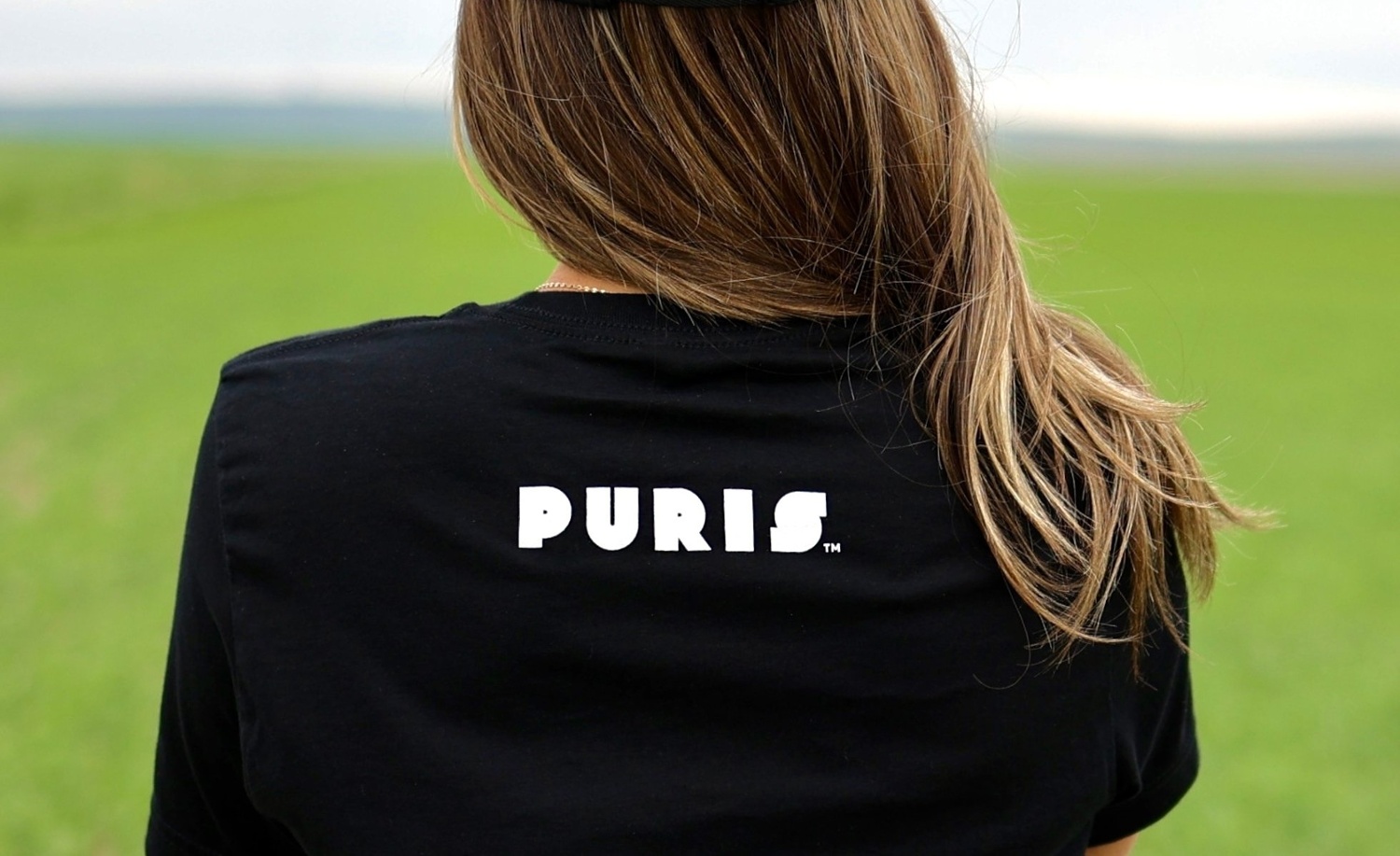The 2018 Natural Product Expo East in Baltimore was on the fringe of Hurricane Florence media buzz. Thankfully, with tropical storms and hurricanes, the weather coverage’s ability to predict the path of the storm allows people to prepare or evacuate for the dangerous conditions that could arise.
"Organic doesn't mean anything"
The Wall Street Journal’s recent article “The Organic Industry Is Lying to You” may lead many to believe that choppy weather is coming towards the organic industry. Even worse, it is becoming more common to hear conventional and non-organic brands say “Organic doesn’t mean anything.”
Leading a growing business within the organic industry, I witness challenges and grey areas that the industry is operating in. Is the Wall Street Journal article true? I don't think so, but the organic industry has some work to do.
You may be asking, how could successfully scaled, exited, and thriving Certified Organic brands not mean anything? How could a $50 billion industry not have controls? Is there truth to the doubt? Is there truth to the press?
Trust but verify
Certified Organic is built upon integrity and the basis of “trust but verify” certification. To be certified organic, you must abide by the Certified Organic processes. These processes require that a company and all of its suppliers meet the standard and have their own organic certification.
All suppliers of organic foods must be audited by an independent third party where they are vetted on their practices. As the market continues to grow faster than the system regulating it, is it possible for some to operate without integrity? Yes, without a doubt. Is it happening within your favorite brand? Possibly. So how can one be sure that you are getting what you pay for?
Transition to trust
The doubt that is created in consumers’ minds represents an opportunity for the Organic industry.
How can we create innovative approaches that build trust amongst all consumers — organic buyers and non-organic buyers alike? The answer: a mind share where they associate Certified Organic with trust and verification.
Imagine pairing Certified Organic with fully traceable, fully transparent, digitized information that's brought to our phones in the palm of our hands. Imagine being able to prove not only that the product has a certification but also the exact farm it came from, the country where the ingredients were produced, the location of the production facilities, the complete story of the food’s journey, the foods you are feeding your family.
Is this the system that exists today? No, but that's what's possible.
Hyper-transparency
If you own, work for, or work with an organic brand, for a moment pretend that you broadcast every single step of every single ingredient of every single organic product you sell — think hyper transparency.
Would you be proud of the story that your brand’s food traveled? Would you be able to tell a fully transparent story to your consumers while maintaining the consumers trust? If the answer is yes, highlight it and bring it to life — this is your opportunity. If the answer is no, fix it today because this will be the expectation soon.
Food eaters, keep demanding more from the organic industry.
Does Organic mean anything? Without a doubt but we can do better.
It is on us to create systems that are robust and highlight what organic stands for and what organic can be. It is on us to create the future of organic and integrate technology within the core of our industry. It is on us to build trust.
The future of food is going back to the basics but taking the basics to the next level.



